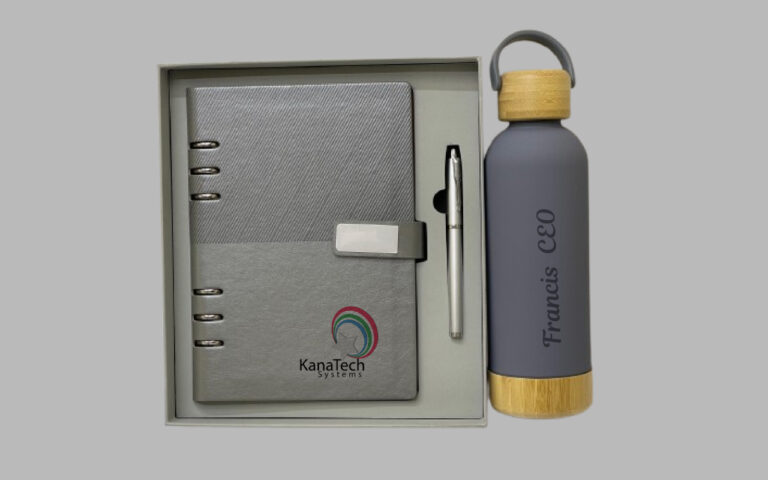Search Engine Optimization (SEO) has become an essential part of digital marketing, not only globally but also locally in Kenya. With over 22 million internet users in Kenya as of 2025, according to the Communications Authority of Kenya (CAK), businesses and content creators cannot ignore the power of SEO in increasing online visibility, attracting high-intent traffic, and building digital authority.
SEO is the process of optimizing websites and content to rank higher on search engines such as Google, Bing, and Yahoo. For Kenyan businesses and individuals, effective SEO strategies can be the difference between appearing on the first page of search results or being virtually invisible online.
Understanding SEO in the Kenyan Context
In Kenya, mobile internet usage dominates, with more than 90% of users accessing the web via smartphones. This means that SEO strategies must consider mobile optimization, page speed, and responsive design to meet user expectations. Google has emphasized mobile-first indexing, which prioritizes the mobile version of content for ranking purposes.
Furthermore, local search is critical. According to a 2024 study by BrightLocal, 76% of mobile users who conduct a local search visit a business within 24 hours. For Kenyan SMEs, including restaurants, e-commerce stores, and service providers, appearing in local search results can directly impact foot traffic, inquiries, and sales. Optimizing for local SEO involves using geo-targeted keywords such as “Web design and development services” or “Mombasa electronics shop,” ensuring accurate Google Business Profile listings, and encouraging user reviews.
How SEO Improves Organic Reach
SEO is a long-term strategy that drives organic (unpaid) traffic. Unlike paid advertising, which stops generating results once the budget is exhausted, SEO creates sustainable visibility. A website that ranks on the first page of Google for relevant keywords can receive consistent traffic over months and even years.
Research by Ahrefs in 2023 indicated that the first page of Google captures over 91% of all traffic for a given search term. In Kenya, where online competition is growing across sectors like e-commerce, education, and financial services, leveraging SEO to rank for high-intent keywords can position a brand as a trusted authority in its niche.
Keyword Research: The Foundation of SEO
Keyword research is one of the most critical components of SEO. Understanding what users are searching for allows content creators and website owners to develop relevant content that meets search intent. Tools like Google Keyword Planner, SEMrush, and Uber suggest can provide insight into search volumes, keyword difficulty, and trending queries.
For instance, searches such as “best universities in Kenya,” “cheap flights Nairobi to Mombasa,” or “Kenya health insurance plans” indicate high commercial and informational intent. By optimizing content around these keywords, websites can attract traffic that is more likely to engage, subscribe, or convert into sales.
Long-tail keywords, which are more specific phrases, are particularly valuable for local SEO. They typically have lower competition and higher conversion rates. For example, “affordable Nairobi web design services” is more actionable than simply targeting “web design services.”
On-Page SEO: Optimizing Content for Users and Search Engines
On-page SEO involves optimizing elements within a website to improve visibility. This includes title tags, meta descriptions, headers, URL structures, and content formatting. High-quality content with naturally integrated keywords improves relevance for search engines while enhancing readability for users.
Additionally, Google’s algorithm now prioritizes user experience metrics, such as page load speed, mobile responsiveness, and core web vitals. In Kenya, where many users rely on mobile networks with varying connectivity, ensuring lightweight, fast-loading pages is crucial for retaining visitors and reducing bounce rates.
Technical SEO: The Backbone of a Search-Friendly Website
Technical SEO refers to the backend optimizations that allow search engines to crawl, index, and understand a website effectively. Key components include XML sitemaps, structured data markup, SSL certificates, and proper website architecture.
For Kenyan websites, implementing structured data can help highlight local business details such as operating hours, contact information, and product offerings directly in search results. SSL certificates, which provide secure connections (HTTPS), are also critical as they impact both SEO rankings and user trust.
Link Building and Authority
Link building, or acquiring backlinks from other reputable websites, is an essential off-page SEO strategy. Search engines interpret backlinks as endorsements, signaling that the content is credible and valuable.
Kenyan content creators can engage in local link-building initiatives by collaborating with educational institutions, government websites, or reputable media outlets. For instance, links from sites like Nation.co.ke, Standard Media, or university portals carry significant authority and can boost search rankings.
Measuring SEO Success
SEO performance can be measured using tools such as Google Analytics, Google Search Console, and Ahrefs. Key metrics include organic traffic growth, keyword rankings, click-through rates (CTR), and bounce rates.
For example, tracking the number of visitors arriving through organic searches allows content creators to understand which keywords and pages perform best. Similarly, analyzing CTR helps identify whether meta descriptions and titles are compelling enough to encourage clicks.
The Future of SEO in Kenya
As digital adoption grows in Kenya, SEO will continue to play a pivotal role in online visibility. Voice search, AI-driven content suggestions, and mobile-first indexing are shaping the future of search. According to a 2024 report by Statista, over 30% of Kenyan internet users now utilize voice search, primarily through smartphones and virtual assistants. Optimizing content for natural language queries and local dialects could become a competitive advantage.
Furthermore, video content optimization is gaining prominence. YouTube, being the second-largest search engine globally, is widely used in Kenya for educational, entertainment, and informational content. Incorporating video SEO strategies, including transcripts, keyword-rich titles, and engaging thumbnails, can expand reach significantly.
Conclusion
SEO is no longer optional; it is a fundamental component of any digital strategy in Kenya. From increasing local visibility and driving organic traffic to establishing authority and improving user experience, SEO provides measurable, long-term benefits.
By understanding search behavior, optimizing on-page and technical elements, leveraging local SEO, and continuously measuring performance, Kenyan businesses and content creators can stay competitive in an increasingly digital landscape.
Investing in SEO today ensures that websites are not only discoverable but also trusted, relevant, and positioned for sustainable growth in Kenya’s evolving digital ecosystem.
Visit us at kanatech systems.
















